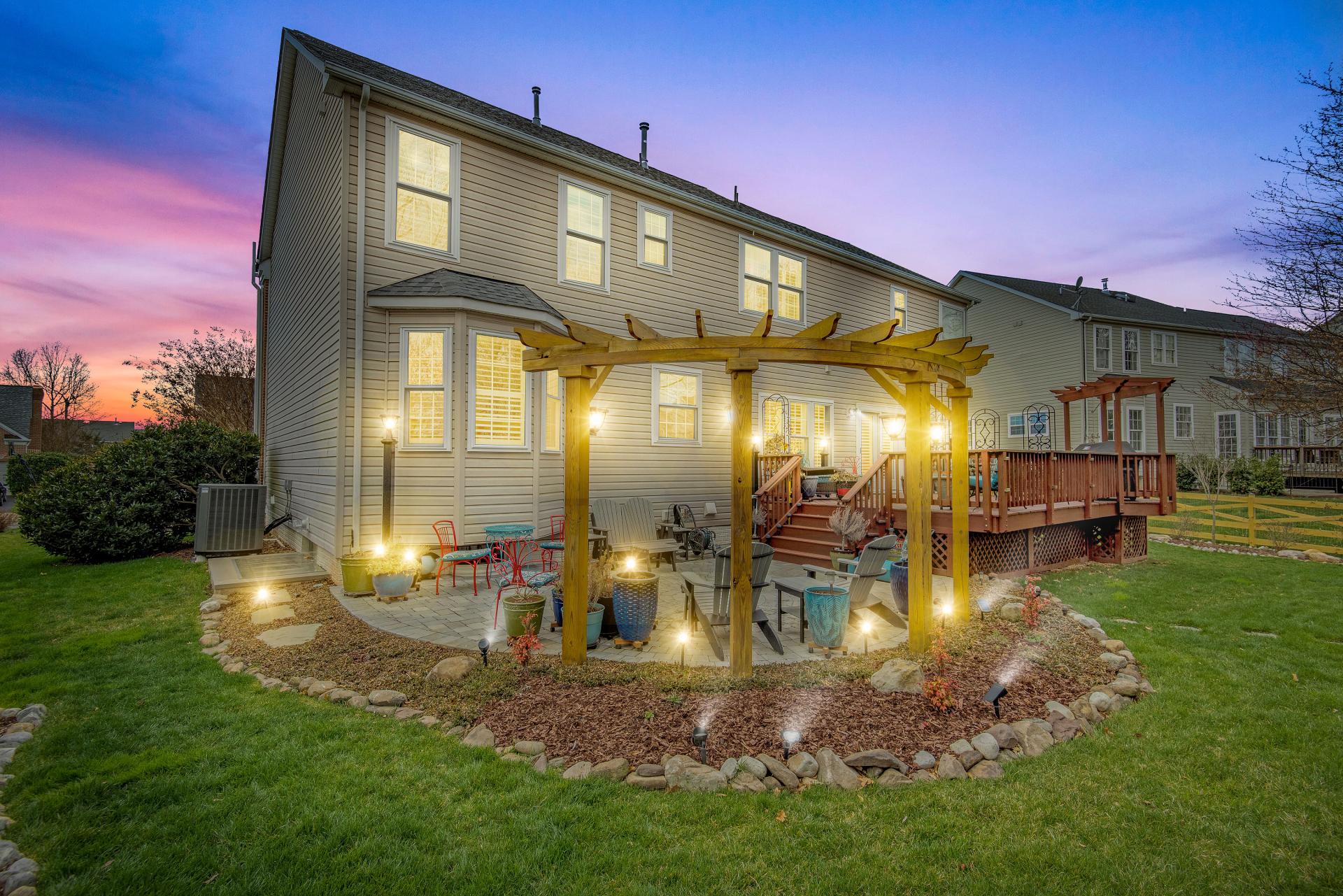Buyers often debate between wood and vinyl replacement windows. With advantages and disadvantages to each, the right material for you will depend on several factors.
The pros and cons of vinyl windows
What are vinyl windows?
The vinyl used in windows is primarily made from polyvinyl chloride (or PVC), a mixture of chlorine and ethylene. A synthetic plastic compound, vinyl is resistant to decay from sources such as water or humidity in the air.
This specific material has been sold since the mid-20th century, when Germany was left with dwindling resources following the war. To rebuild their homes, the Germans turned to synthetic materials—both to keep costs down and to speed up the recovery process. The result was the very first vinyl window model in 1954. Since its inception, this material has evolved into the many varieties we see on the market today.
The construction of vinyl windows begins with the frame. First, the PVC material is synthesized and molded, with color added later to the design. Once the framing is set, the glass panes are then installed—usually in numbers of two to three. To finish the process, a spacer is placed between the panes. Consumers can additionally opt for coatings to boost the energy efficiency of the window.
Advantages of vinyl windows
As with any home improvement, there are certain pros and cons the consumer must take into consideration before purchasing. While other model types (i.e., wood or aluminum) require routine maintenance, vinyl windows demand very little upkeep and can last for many years. While these windows are highly durable, they can also be replaced with relative ease. Design options include virtually any color shade or style, and the cost is often lower than other materials. Because vinyl windows have drastically grown in popularity, they are readily available at most locations.
Disadvantages of vinyl windows
On the other hand, vinyl's flexible nature can limit the size or weight of the glass itself, as they have been known to slightly sag with time. If heat builds up to a high enough temperature within the frame, it could soften, twist, or bow. This is only true for cheaper "builder-grade" vinyl windows. High-quality vinyl windows don't have these issues.
Vinyl is also liable to discoloration, especially in areas where weather conditions are more severe. Also only true for cheap vinyl windows. Unfortunately, they are difficult to repaint, since most paints will struggle to adhere to the material. Certain primers have even been known to weaken the plastic.
Are vinyl windows better than wood?
If you are someone who is looking to improve the energy efficiency of your home, vinyl windows are a perfect choice. Cost-effective, durable, and scratch-resistant, vinyl windows could be just the addition your home needs.
The pros and cons of wood windows
Construction of wood windows
When it comes to wooden windows, there are several types of wood commonly used — namely oak, pine, and mahogany. Construction begins with natural lumber, which is then milled and routed into a custom frame for your home. The assembly is finished off with a combination of nails, screws, high-quality glue, and caulk. Note that both the frame and sashes are created from the same high-quality timber.
Advantages of wood windows
Wood windows are frequently chosen for their natural aesthetic. Further, each window model is unique, as each comes with individual markings or patterns. The material accepts a wide variety of paint and is an effective insulator.
What's more, these windows have relatively low lifetime costs. If you are a homeowner concerned about sound, wood models offer a better buffer against outdoor disturbances. Wood windows are also resistant to rust, which is important to consider in areas with higher humidity.
Disadvantages of wood windows
However, keep in mind that wood is a natural biological material. Because all wood was harvested from a once-living organism, it will eventually succumb to rot and decay if left in its natural state. Thus, paint is usually needed to preserve the integrity of the wood itself. You may have to apply a water-resistant coating to the frame to prevent insects and humidity from wreaking havoc.
Wood windows will almost always have a higher initial cost, too. This is mainly due to the intensive process of the window's construction; one must also take into account the lumber work, transportation of materials, and shaping of the final product.
Are wood windows better than vinyl?
Just as with other window types, whether or not wood is a fit for you depends on your personal preferences and priorities. If the goal is to bring natural beauty to your residence with added longevity, this is precisely the model for you.
Clad windows
Clad windows are essentially an alternative to traditional wood, with exterior cladding (a covering) built in to protect the frame. This protects the wood from outdoor elements and other potential damages. Cladding is crafted with aluminum, vinyl, or fiberglass.
Clad installations are generally more expensive than vinyl but less than all-wood options. There is reduced maintenance involved for these replacement window models, and this option allows the homeowners to stain or paint the interior.
Windows with cladding are ideal for consumers looking to balance the natural aesthetic of wood with the protection of vinyl.
Replacement windows from Hodges
Here at Hodges, we partner with the country's leading manufacturers to provide our customers with only the best. Experienced representatives are available at our two showroom locations to assist you with all your decisions. Contact us today for a free virtual or in-home estimate!



